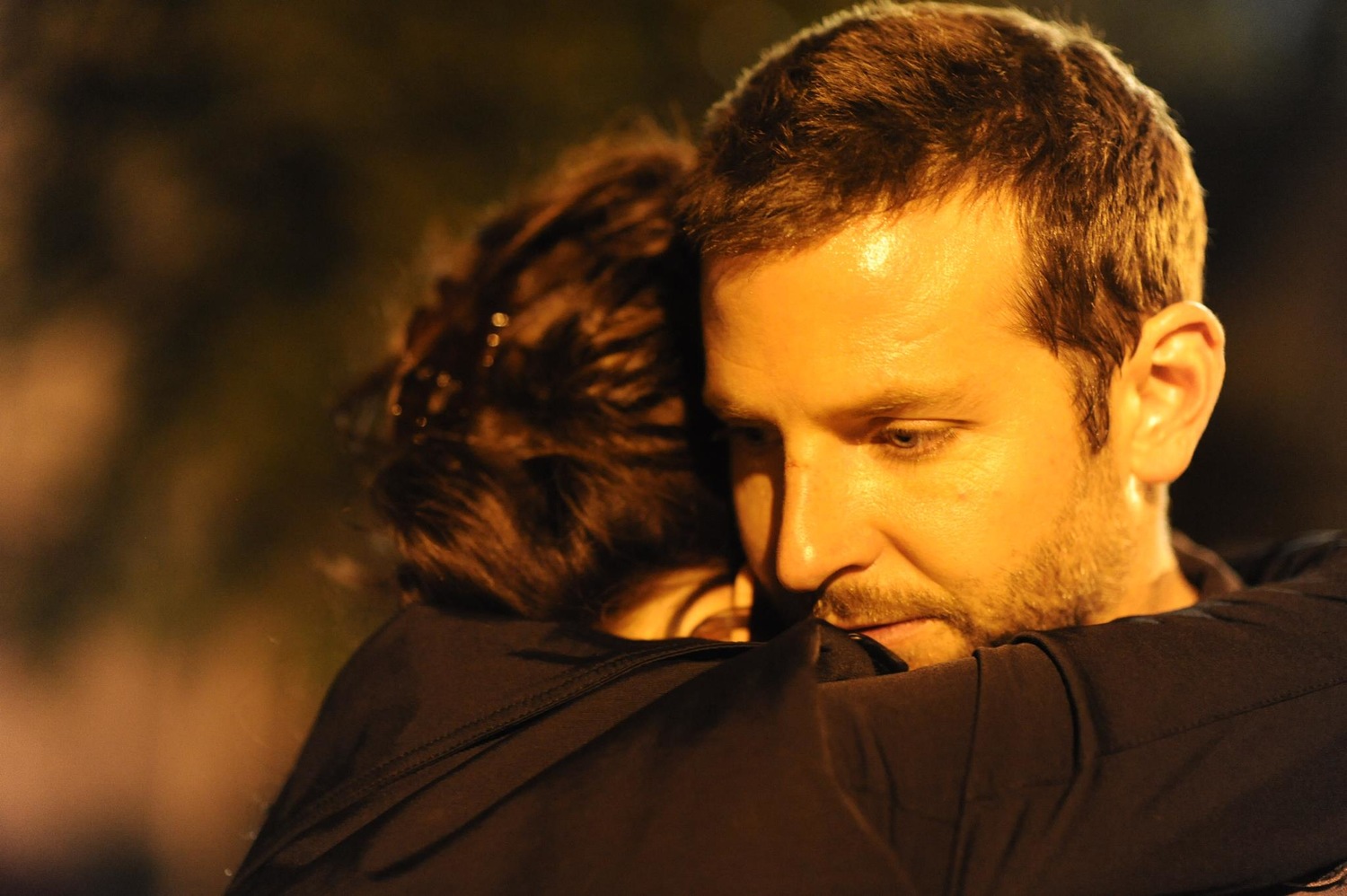There are people who make you feel devastated and depressed after talking to them and it isn’t. Moreover, these people can behave quite normally (it seems to us), because by ordinary and normal we mean the ordinary.
They don’t have to be aggressive or mean to hurt your ego, undermine your self-esteem, or even make you depressed. And it shows that you are dealing with the emotional abuse you are a victim of.
When communicating or in a relationship with such a person, you live in a state of suspended uncertainty forever – the request will “come or not come.” And you never know what exactly affects it. Especially for The Fashion Vibes, psychologist Zhanna Voevodina talked about how to spot moral harassment and most importantly what to do about it.

Zhanna Voevodina, psychologist
Moral abuse is considered this type of treatment in which the victim experiences feelings of guilt, worthlessness, and complete dependence on the abuser.
An important detail of this phenomenon: the victim constantly experiences an emotional surge. This is when they can both praise and scold for the same action.
Prolonged exposure to this condition leads to persistent anxiety, depression, and even suicidal thoughts. And when these relationships are disrupted, post-traumatic syndrome can occur.
Therefore, very often, when talking about moral violence or harassment, a picture of such a frightening person can be seen from a mile away, but this is not so, often the rapist himself appears very friendly in communication. -He is friendly and cheerful. Communicating with him will give the impression of comfort and auspiciousness.
Therefore, if it turns out that you are his victim, even your relatives will not believe you, their first reaction is “No way. He’s so positive.” “He can’t do that”; “You’re talking”; “He spoiled you”; “If he did that, you’re the one who provoked him. He’s a no-no. You can see he’s educated.”
And this error is due to another misconception: because it is credited with a moral rapist motive (as a necessary component) – a conscious desire to harass, subdue the victim and deliberately insult.
How to recognize a moral abuser?
It is generally accepted that the moral abuser (also called abusive) is an actively aggressive position. However, this is not entirely true. Even “victims” and “rescuers” can be successful moral abusers who can make you tantrum or even depressed.
“Victim”

It uses the script of Princess Nesmeyana. The whole world can spoil, but you will learn this already when you enter a relationship, next to such a person you will be afraid and shudder at a three-letter word. And that word is “still”. Because it is not always enough: attention and love, the number of communication and phone calls, SMS, etc. And many things are still NOT enough, but you have to guess exactly what happened and take the initiative.
The main questions come to the temple like a shot: at any time of the day: “Are we okay?; “Are you ok?”. It’s also in a tone that you involuntarily try to tense up and remember what’s wrong. At first glance, this innocent question (and it may seem like it’s about caring) actually schedules you to call automatically, even if there’s no negativity. And the cherry on the cake is the phrase: “I love you It’s not important love” often ends the previously voiced claim.
As you understand, guilt and inferiority in such a relationship will be your indispensable companions. The next will be a neurotic state “wish he didn’t screw up” and severely low self-esteem “thanks to him no one will love me like that” It’s not important he loves me.”
“Savior”

It uses script checker and omniscient. He knows better than anyone what is right. He rarely gives anything to finish on his own, interrupting as he should, with comments and demonstrations. And if it doesn’t work then it’s your fault. Failures are accompanied by comments that either your hands are crooked or your intelligence is not enough. Sometimes it even sounds “compassionate”: “And what would you do without me?” (because you always have to finish). It is often heard here – “we go everywhere together (do not go alone)”; “Your friends are abusing you, we’re fine together.”
Dialogue with him is difficult. It doesn’t let you finish your thought and cuts you off with the words “I understand” in the first sentences. With him, you often forget how to formulate it in oral speech. Because even in a company, when he thinks that you are talking boring and long or getting away from the subject, he will finish the sentences for you.
You will forget your desires. And all because he knows better what you want and what you like. Emotional abuse in this case takes place mainly through persuasion: there is a right view (his) and an erroneous view (yours and other people’s).
The instinct for violence will be the best internal motive for care and tutelage against the foolish.
As a result, learned inferiority and helplessness occurs in such relationships. Infinite fear of making mistakes. It is difficult for the victim to make an independent choice and develops an emotional attachment to the moral abuser (I cannot survive without him).
“Attacker”

Classics of the genre. The main feature is emotional release in everything. It includes the features of the previous two.
It gradually cuts off all social connections and independent earning opportunities from you. It is important to understand that for him you are something / property / a means of success. This relationship is a juicer. This is exactly how you will feel.
Relations with “victims” – “He shoots, it means he loves.”
relations with lifeguards“You’re the one who made me this way.”
Relations with “Attackers” – like in a minefield: from “I can’t live without you” to “I don’t care about you” by blacklisting people.
Here is both depreciation and attribution.
Here the requirement to have fun in the company followed by the claim of “excessive fun” (no a priori correct answer/behavior).
A sense of guilt arises here at every opportunity: “I wanted to give you a present, but you misbehaved”; “So what do you think, why did my mood deteriorate?”
How can I stop being a victim?
First you have to ask yourself an honest question, are you happy? If you come across a negative answer, you must follow the steps below.
1. Believe that you have the right to ask for help.
2. Find outside support (at least at the level of “I would have done the same” from a friend).
3. Understand that you can’t fix someone else if they don’t want to. Any change starts with yourself.
Ultimately, all situations are individual.
In some cases, it is possible for the person to continue the relationship by working on his/her self-esteem and returning to social life, while in some cases, immediate assistance and disconnection are required.
If the stage is already at the level of a nervous breakdown or depression, in such cases it is better to immediately go to a specialist (psychologist, neurologist, psychosomatologist).
Source: People Talk
Errol Villanueva is an author and lifestyle journalist who writes for The Fashion Vibes. With a passion for exploring the latest trends in fashion, food, travel, and wellness, Errol’s articles are a must-read for anyone interested in living a stylish and fulfilling life.





